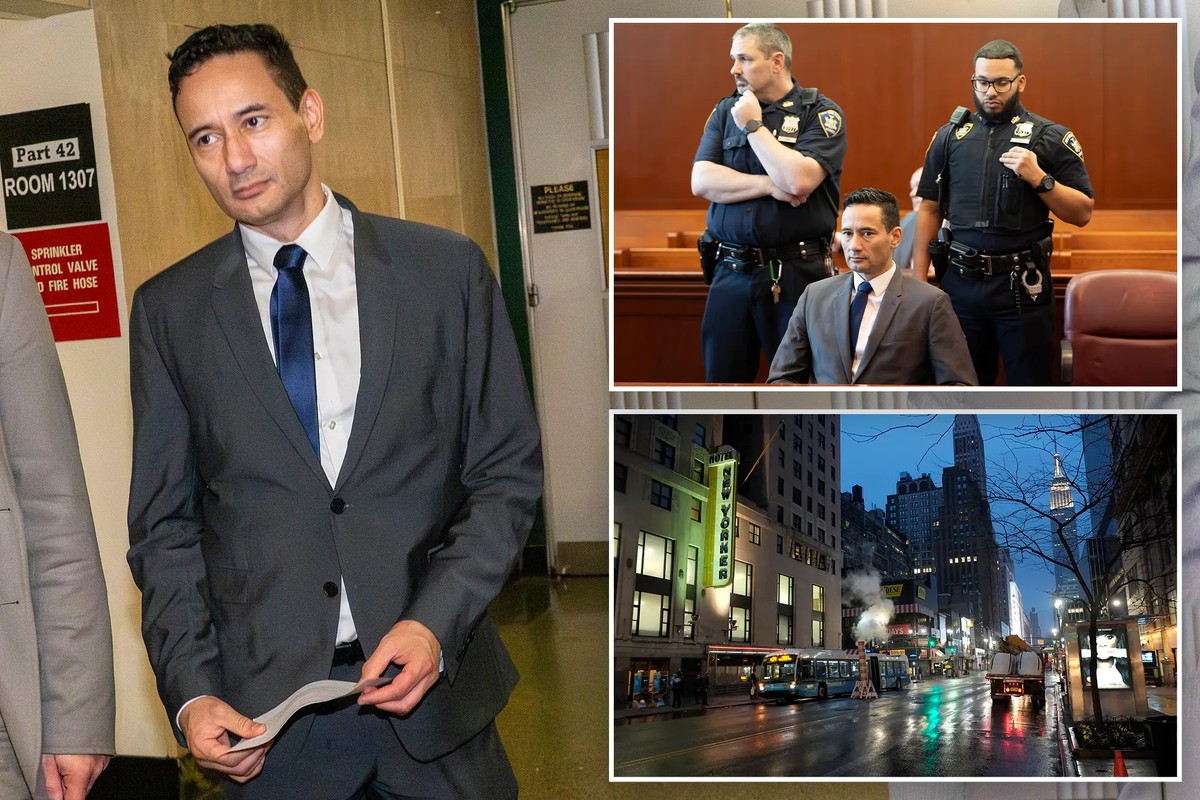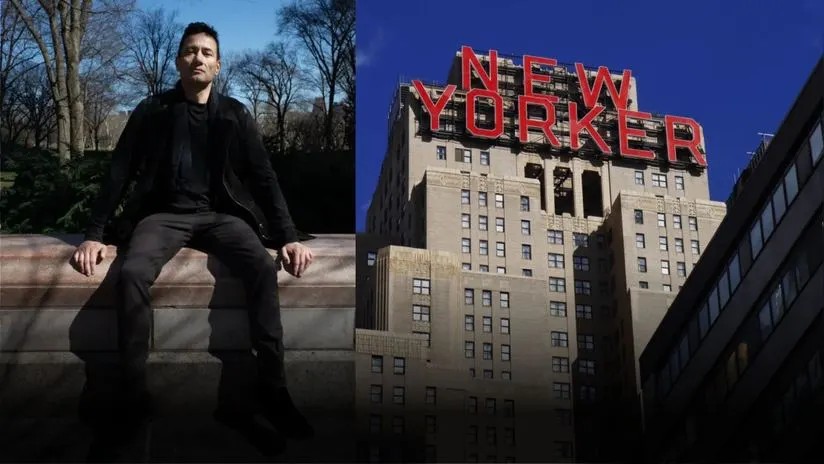Five Years Free in a Manhattan Luxury Hotel, Then a Takeover No One Saw Coming
In the heart of Manhattan stands the New Yorker, a 1930s skyscraper with a thousand rooms and a storied past. It has hosted legends—from boxing champ Muhammad Ali to inventor Nikola Tesla—before a quiet man changed everything. Mickey Barreto became famous not for talent, but for a bold, audacious fraud. Summer 2018: Barreto arrived as an ordinary guest, paid for one night, and checked into room 1006. He studied the hotel’s rules, especially the guest-rights section, and a plan began to form. The staff saw only a shy, unremarkable man; they did not suspect that he would become their long-term headache for years to come. This is not fiction. It reads like a detective chronicle—secret maneuvers, court battles, and twists worthy of a movie.

In This Article:
From Guest to Tenant: The Long Game Begins
The morning after he checked in, the customary checkout time arrived. Barreto refused to leave, proposing to extend his stay and pay. He offered to sign a long-term rental agreement for the room, insisting that city law gave guests who stay and pay a form of tenancy. The manager was taken aback: this is a hotel, not a residential building. He insisted either to pay for another night or to vacate. Barreto shrugged, left the room—but with his belongings still inside. The staff moved quickly, removing the luggage to storage to free the room for new guests. That evening Barreto returned and caused a scene at the desk, arguing that the hotel had no right to move his belongings without a court decision. He warned the staff that they would regret this. The next morning, a lawsuit arrived in housing court: Mickey Barreto vs. the New Yorker. He argued that he was entitled to long-term tenant rights and to remain in room 1006.

A Bold Move: Forged Ownership and a Shocking Claim
Barreto did not stop there. In 2019 he forged documents claiming he owned the building. He uploaded a fake deed to the city registry, publicly declaring himself the owner of the skyscraper, and began sending letters to the true owners to vacate and to tenants to pay rent to him. He even contacted city services, posing as the new owner, and tried to transfer utilities and even the hotel franchise to his name. The real owners—led by the Church of the Unification—filed suit to cancel his fictitious claims. In the state Supreme Court, the drama unfolded as copies of the forged deed, letters, and demands were presented. Barreto stood in court, insisting that the hotel belonged to him by right. The judge voided the fake records and reaffirmed the rightful owners’ rights, ordering Barreto not to present himself as owner.

A Fight That Didn’t End: The Aftermath and the Courtroom Saga
But Barreto did not quit. He pressed on with appeals and created more fake documents, attempting to replay the registry like a game board. He sought any loophole that would give him control of the New Yorker and its vast facade of luxury. The legal system pressed forward, and the line between legitimate rights and fraud blurred. The staff and the owners remained resolute, unwilling to yield to a man who had carved out a place on the luxury stairs through clever deception.

Arrest, Mental Health, and a City That Will Never Forget
In early 2024, police officers knocked on the door of room 1006. Mickey Barreto was arrested for fraud and contempt of court. He protested, claiming, “This hotel is my property,” but the officers handcuffed him and took him away. The prosecution filed dozens of charges, from document forgery to breaches of court orders. Barreto did not admit guilt, insisting he had merely used the law. Yet the scope of his scheme was undeniable. During the case, a court-ordered expert diagnosed Barreto as not fully capable of understanding the charges. The trial was paused and he was sent to a psychiatric facility for treatment. He shrugged at the turn of events, suggesting that perhaps they were turning a criminal into a madman. What, then, was Mickey Barreto? A bold con artist who exploited a legal opening, or a man who understood a broken system all too well? The question lingers. The city will never forget the Leeds of the New Yorker’s story, and a future film may let audiences decide for themselves.


